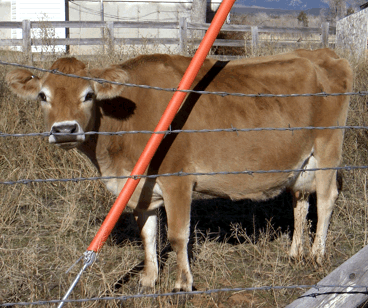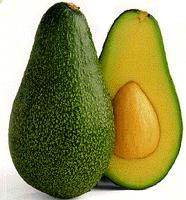 I love buying things in bulk, especially non-perishable items. Ranging from shampoo to all-purpose cleaners, many companies offer over-sized options. Not only do these items help you save money, they're better for the environment. Bulk buying helps to reduce packaging, thus reducing the energy and materials required to make the packaging, and thus reducing the amount of waste once the product has been used. If you decide to purchase biodegradable, non-animal tested products, you're doing even better. But I would like to suggest my bulk waste syndrome hypothesis.
I love buying things in bulk, especially non-perishable items. Ranging from shampoo to all-purpose cleaners, many companies offer over-sized options. Not only do these items help you save money, they're better for the environment. Bulk buying helps to reduce packaging, thus reducing the energy and materials required to make the packaging, and thus reducing the amount of waste once the product has been used. If you decide to purchase biodegradable, non-animal tested products, you're doing even better. But I would like to suggest my bulk waste syndrome hypothesis.Take, for instance, two options: one 48 oz bottle of shampoo versus four 12 oz bottles. The latter option results in greater packaging waste. The prior option, however, may result in fewer lathers-and-rinses. Even though the two options offer the same overall amount of shampoo (48 oz), I hypothesize that the bulk shampoo bottle unknowingly makes people to use more shampoo for each lather-and-rinse, which is caused by the 'bulk waste syndrome.' When people use smaller containers, they are more likely to use smaller amounts of shampoo because they perceive that not very much is available. In the bulk case, people perceive that much more shampoo is available, and they are more likely to use larger amounts because of a lessened fear of running out any time soon.
I've run this idea by a couple of people, and they were quite shocked I'd even suggest such a ludicrous idea. But, I stand by my logic. Think about how you behave when your liquid soap is about to run out. You use smaller and smaller amounts to stretch it as far as it will go.
Assuming for a moment that this hypothesis is true, what can you do about it? I constantly try to gage how much of something I use. It's easy to squirt an overwhelming dollop of toothpaste on your brush. But take a step back and think, is it really necessary? Most of it will probably never touch your teeth. How much hand soap is really necessary to clean your dirty paws? One full squirt from my pump would bath a small army. Just think about it, and get back to me.
Image: http://commons.wikimedia.org/wiki/Image:TRESemmé.jpg



